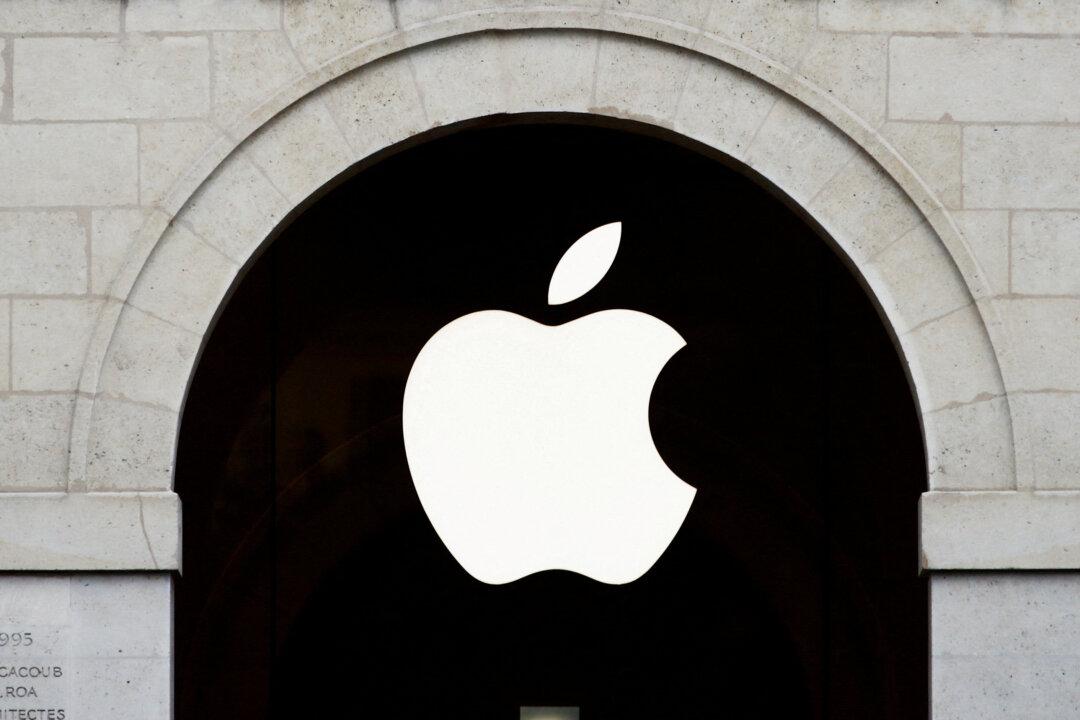France’s antitrust watchdog announced on March 31 that it was fining Apple 150 million euros (about $162 million) over a privacy feature protecting users from apps spying on them because its implementation resulted in competition law violations.
The French Competition Authority (FCA) said that the aim of Apple’s App Tracking Transparency (ATT)—requiring iPhone and iPad apps to ask users for permission before tracking them—was not itself the issue.





